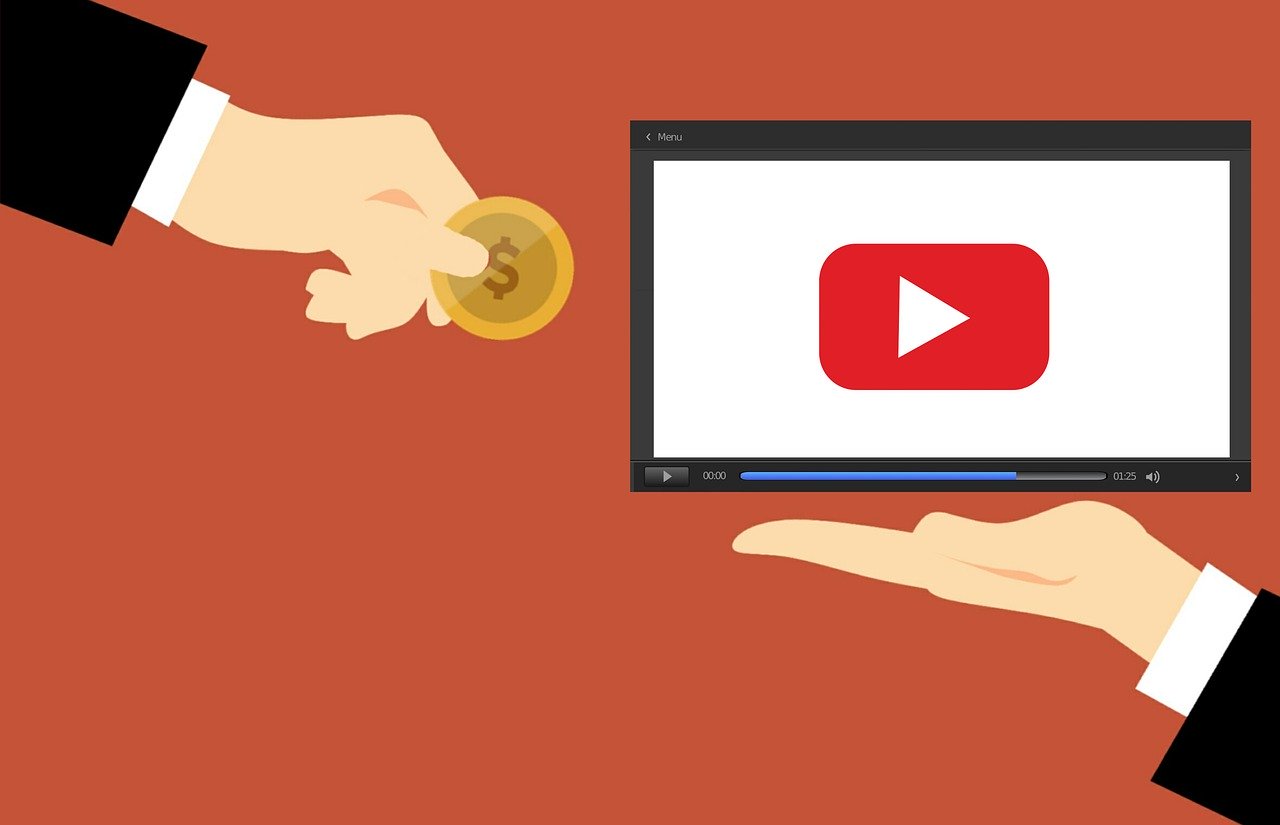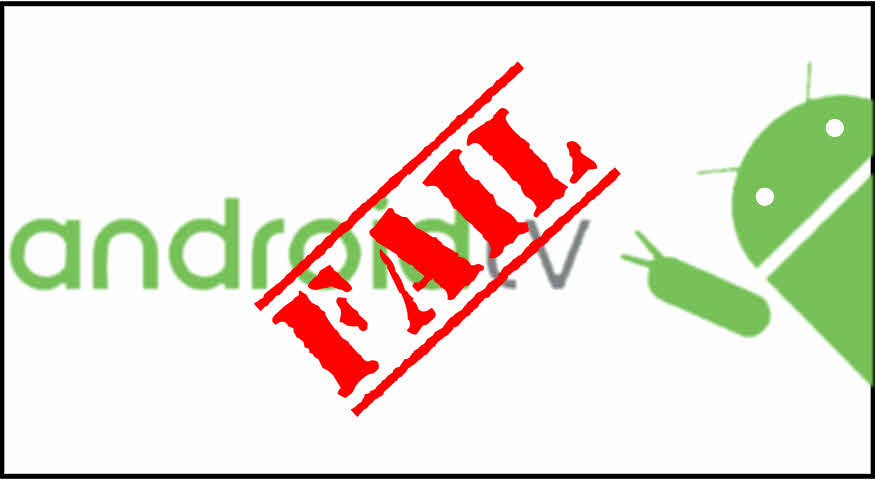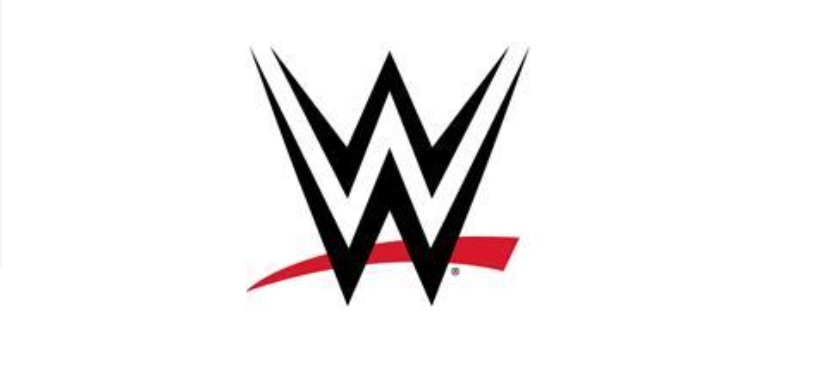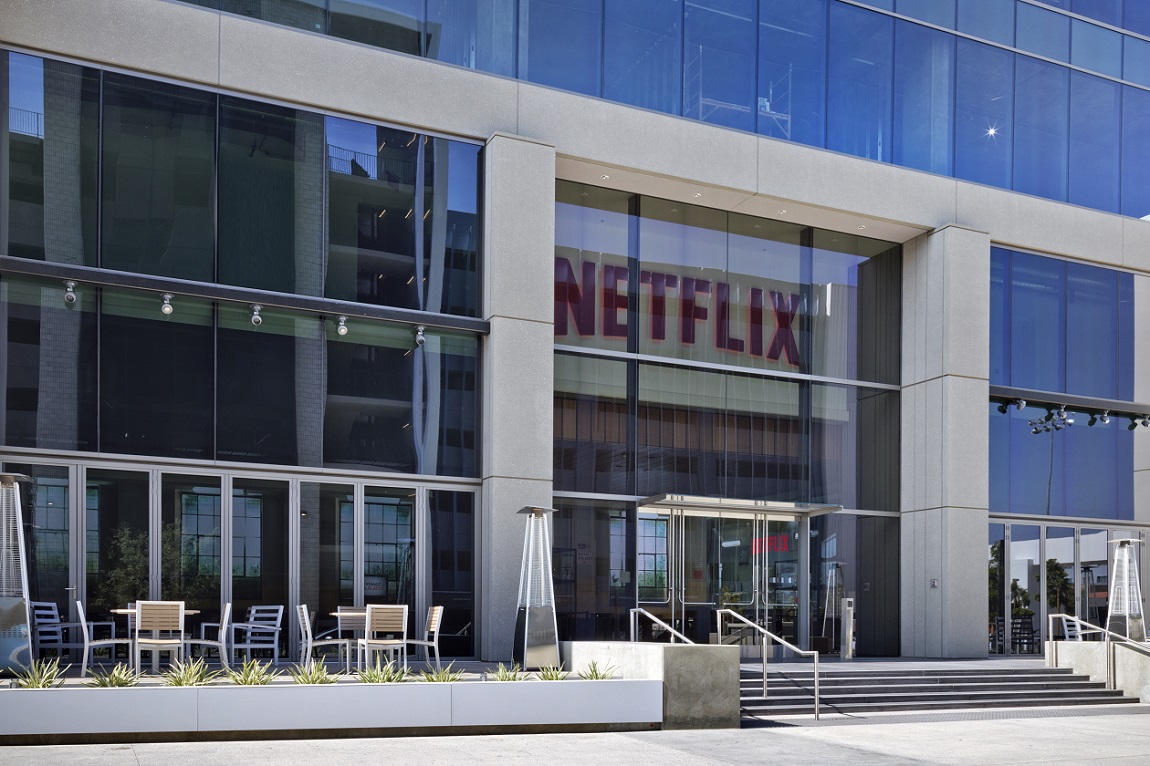Here we are again. YouTube is in another staring contest with a streaming platform. Last time it was Amazon and the Fire TV platform. Amazon slipped right past the problem via the introduction of Fire TV compatible browsers that squashed the threat of not having the app and eventually YouTUbe was again available on Fire TV as an official app. This time its Roku. You may note that Roku has been at an impasse with Google for some time concerning the totally separate cable replacement service YouTube TV app. The standalone app was pulled from Roku this summer essentially due to the same fight that threatens the much more popular free streaming app today. YouTube actually built a workaround to YouTube TV into its Roku app allowing users to continue to access the cable replacement service.
In general, the move that dropped YouTube TV from Roku did not impact the majority of its customers. I would venture that many people who own Rokus and Roku-powered TVs were unaware that there was a separate app called YouTube TV. On the other hand, the standard YouTube app is the most used streaming app in the world. So the threat that Roku could lose the app is a much bigger pill to swallow for Roku and its users, which make up over 40% of the streaming market.
Why is there a chance that YouTube will not be available on Roku’s platform for New users by December 9?
Roku has made the point that this conflict is not about Google wanting more money. It is not like the fights between cable companies and broadcast stations over retransmission fees. The problem between Roku and Google is over search results and user information. Roku contends that Google is pressing the company to favor YouTube in its search results over the rest of the thousands of other video partners on the platform. Roku, which is the only major streaming platform that did not grow out of an already established global technology company hit the scene as the platform that plays nice with everyone vs Amazon’s Fire TV which is built around Amazon’s services and initially favored its own video service even when customers searched for say a Netflix original series. This is no longer the case with Amazon. Apple TV streaming boxes and Android TV/Google TV though favor their own streaming services over all others in search choices. In the end, it’s their platform so they can do what they want. Google denies that this is happening in negotiations.
This accusation from Roku was articulated in a statement on October 21st via its website.
“Google continues to interfere with Roku’s independent search results, requiring that we preference YouTube over other content providers. This is a concern shared by many companies who believe that customers deserve neutral and relevant results to their search queries. Second, Google discriminates against Roku by demanding search, voice, and data features that they do not insist on from other streaming platforms. ”
Google has not responded to the specific allegations of forcing result manipulation but issued this statement to The Verge in April amidst the fight concerning YouTube TV.
“We have been working with Roku in good faith to reach an agreement that benefits our viewers and their customers. Unfortunately, Roku often engages in these types of tactics in their negotiations. We’re disappointed that they chose to make baseless claims while we continue our ongoing negotiations,” a Google spokesperson said in a statement to The Verge Monday. “All of our work with them has been focused on ensuring a high quality and consistent experience for our viewers. We have made no requests to access user data or interfere with search results. We hope we can resolve this for the sake of our mutual users.”
Thursday in a statement to PCMag, Google accused Roku of “unproductive and baseless claims” without elaborating.
This puts Roku in a position to have to outright prove that Google has been pushing the agenda it accuses the company of pursuing. Without an actual paper trail the disagreement will hang there as a he said she said sort of argument with customers left in between. But it can not be lost that the customers are not simply the victim here. They are the prize. The reason there is no disagreement over money or rev share between Google and YouTube is that the most important thing to both companies is the information that we impart via our searches.
With free content, we are the currency
Data is the currency. Show me movies with ______, Stream TV shows about _______. When we submit searches like that we tell media companies what we want, and what we might watch more of if it were made available. And now that Roku has its own streaming channel built into its products and available on multiple other streaming platforms is can stand to benefit from that information. If Roku can record that many people are looking for a specific show or kind of show via its many contents Zones or via the My Feed section of Roku’s platform where users can follow content and see where it is available by request, Roku gains valuable insight into what people want. It can then use that information to build content for the Roku channel which is ad-supported and therefore profit from the information without coming right out and saying tell us what you watch so we can sell it to you. Google of course does the same thing in its search engine. We have all had the experience of looking for just about anything on Google and then finding that the very thing we searched for shows up everywhere we browse. Where can I get a good price on a flight, what do you know, your Facebook feed is littered with Travelocity and Air B&B ads, and so is ESPN, etc. This is data at work and it is key to everything when it comes to emerging tech platforms from Roku to ATSC 3.0. What do people want and how can we make money off of it? Your shopper discount cards and Costco memberships do the same thing. When a store notices you buy a lot of a product magically there will be coupons for that product or its competition in your mailbox.
So make no doubt about this. Both companies want your information, browsing history, and such. And they want it because the information is valuable for future profits.
If this is not resolved Roku users with YouTube apps will keep them
An underreported fact here is that YouTube will not actually yank the YouTube app off of all Rokus due to this disagreement. What will happen is that any Roku activated after December 9th for new users will not be able to download YouTube from the streaming channels store. That is a very important distinction. While alarming headlines may lead Roku users to believe that they will turn on their TV and find a blank spot where YouTube was, this is not the case at all. So all of you millions of people with YouTube apps/channels on your Roku devices can rest easy. To be honest this plan by Google sort of betrays its position on the issue. Google does not really want to pull its app off of the most popular streaming platform in the US.
Roku is the number 1 smart TV operating system in the US.
That’s right. More smart TVs have Roku’s operating system than any other. Unlike Samsung, Sony or LG Roku does not make TVs. It sells its operating system to 12 TV manufacturers that sell TVs in every major big box store and online. And often the TVs are at heavily discounted prices. Heck Walmart has its own brand of TV “ONN” that is a Roku-powered set. As Black Friday approaches just look at all the TVs on the sales lists with Roku built-in. This gives Roku a big say in streaming and is part of the reason it is the market leader. It doesn’t matter to Roku is LG or Sony individually sells more TVs than one of its many TV partners. Because between TCL, Hisense, Sharp, Philips, and others, Roku’s operating system/ad-platform is in more living rooms. And while Google of course makes its own streaming device, The Google Chromecast with Google TV, and has multiple distribution partners itself including Hisense, Sony, and ONN, it doesn’t compete with Roku in volume and reach.
Why this will work out
The fact that Google does not intend to pull YouTube from Roku’s platform in order to devalue it in the marketplace as it tried with Amazon should tell you something. Google is a behemoth. It is the biggest advertising platform online, it owns YouTube, etc. But even Google blinks a little when it comes to Roku. The intention with this argument may be to hope people think that something else is happening. Google may count on consumers not paying attention to the facts here and saying “If Roku takes my YouTube away I’m tossing my stick” No doubt lazy reporting will lead to multiple headlines saying “Roku customers are going to lose YouTube on December 9” But in the end, Google wants YouTube on all those TVs and streaming boxes and is leveraging Christmas gifts to users who do not use Roku already. On the other side Roku will not want to deal with the market confusion of having to explain that YouTube isn’t going anywhere, nor does it want the negative press that will come if future reviews of Roku products contain the sentence “New users can’t get YouTube”.
How will it work out?
What will the solution look like? It remains to be seen. Because this could be a trial balloon for the industry. Google is conceding that millions of Roku users will continue to access its app via the platform. The fight is about the future. Those who are just getting into streaming may see YouTube as a differentiator when choosing a platform. But does that really benifit Google at the moment. Yes it has its own streaming platform but it is not like the only streaming platforms in the world are Google TV and Roku. This isn’t a fight between The NFL and Fox. And Just because it is happening between Roku and Google right now does not mean that the same kind of fight won’t break out with Apple TV and Google, Lg and Google or Samsung and Google. If this is seen as a fight between Google and independent streaming platforms throughout the world the fight takes on a totally different flavor. It could come up in regulatory fights within congress where there is bipartisan anger at the tech industry and calls to break up companies like Facebook, Amazon, and Google gaining more steam. And if Google feels like this could end with YouTube being sold off as a separate company it may back down. That is the nuclear option. But here is our best guess. Google will want YouTube to be on all those new TVs on Christmas day.






